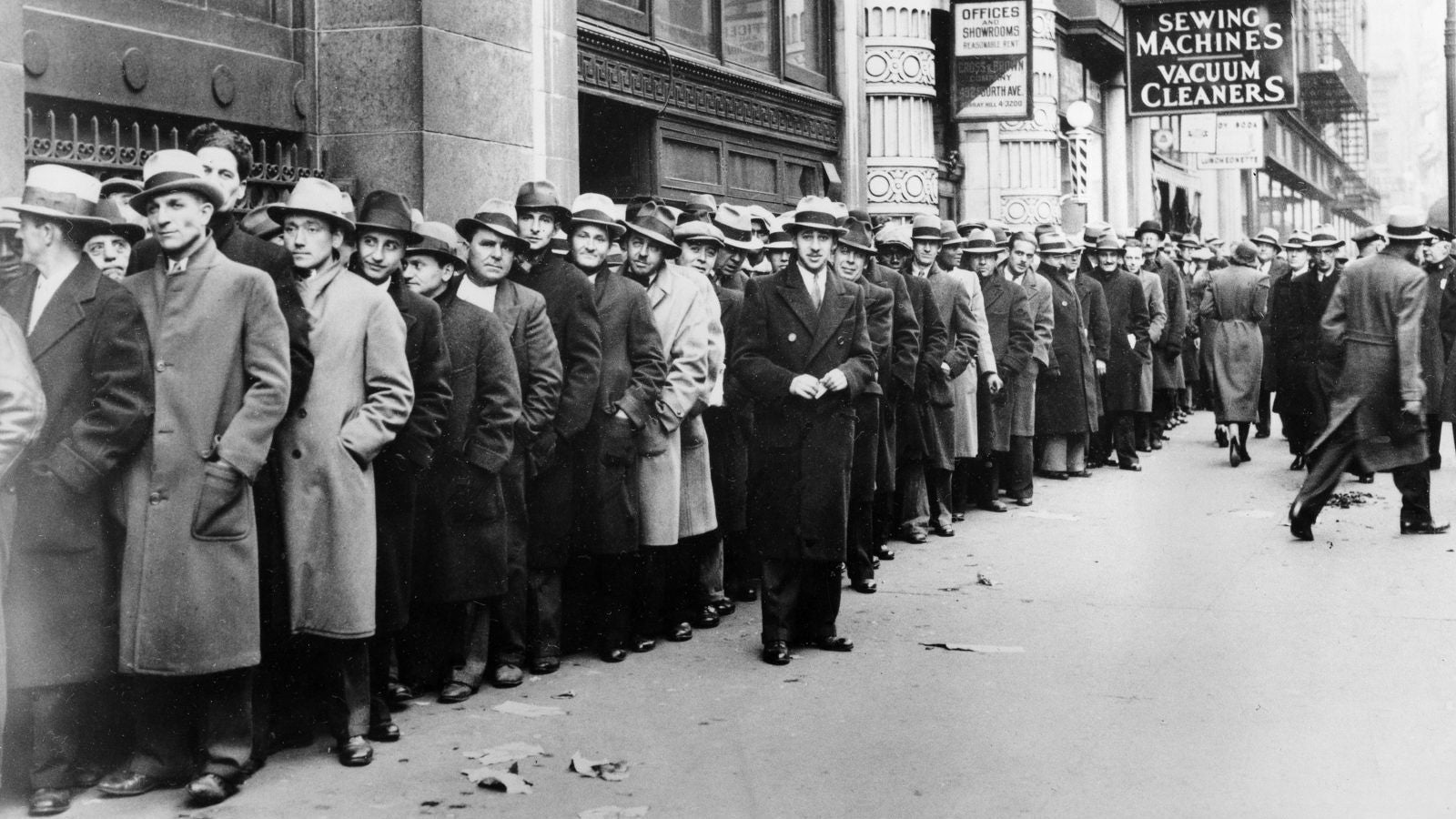A top Silicon Valley investor is proposing giving every US citizen a share of GDP
For the most part, Western European societies of the last 300 years were ruled by rich families perched above strict class hierarchies. Only two World Wars and the Great Depression managed to shake loose a more egalitarian distribution of wealth and bustling middle class, reports The Economist (paywall).


For the most part, Western European societies of the last 300 years were ruled by rich families perched above strict class hierarchies. Only two World Wars and the Great Depression managed to shake loose a more egalitarian distribution of wealth and bustling middle class, reports The Economist (paywall).
Old patterns are now reasserting themselves. Concentrations of wealth are nearing pre-WWI levels in the US and Europe. The response from anxious elites? Panic, philanthropy and doubling-down on the discredited theory of “trickle down economics” when it comes to US tax reform.
The president of Silicon Valley’s premier accelerator has a different idea. “I think that every adult US citizen should get an annual share of the US GDP,” writes Y Combinator’s Sam Altman in a blog post announcing what he calls American Equity on Nov. 27. ”I believe that a new social contract like what I’m suggesting here—where we agree to a floor and no ceiling—would lead to a huge increase in US prosperity and keep us in the global lead.”
Altman, who’s plunged into political organizing since president Donald Trump’s election, proposes a profit-sharing agreement of sorts for America’s 323 million citizens. Each year a share of the nation’s annual economic wealth would be carved up to share equally. Benefits would start small (a few hundred dollars per citizen per year) and hit as much as 20% of GDP per year once economic productivity doubles. This could be direct payments to citizens instead of today’s social spending, which mainly arrives as services or conditional benefits such as food stamps (the US spends about 19% of GDP on social services, while European countries devote 20% to 31% ; paywall).
The proposal is not entirely new. Citizens have long shared in their countries’ resources. Norway’s $1 trillion oil fund puts revenue from its North Sea oil fields to work for all citizens, while Alaska’s $60 billion Permanent Fund has a similar purpose. Universal basic income pilots are going on around the world. If they’re at all progressive, even standard taxes redistribute wealth to those with a smaller share of the nation’s riches.
But Altman’s plan sounds a distinctly Silicon Valley note. In the proposal, Altman argues joint-stock companies were one of the first economic structures to coordinate people toward goals that were extremely difficult to attain by other means. While the US is not a company, he believes the US could benefit from the same idea. It invested in future prosperity by distributing land to citizens through the Homestead Act in the 1800s. A 21st century version with cash could have a similar effect since “today the fundamental input to wealth generation isn’t farmland, but money and ideas.”
Given that it’s Silicon Valley, there is a utopian vision. American Equity, Altman argues, would guarantee every American basic needs, eliminate absolute poverty, and free Americans from fear of poverty or hunger as a motivation for work. It’s worth taking seriously if for no other reason than earlier proposals with a kindred vision, such as Social Security, were once dismissed out of hand as impractical or impossible. As social security legislation was being debated in the 1930s, opponents and legislators in Congress declared it akin to slavery, socialism, and the lash of dictatorship. Once the bill passed in 1935, official poverty rate among the elderly plunged. The law has remain largely unchanged ever since.